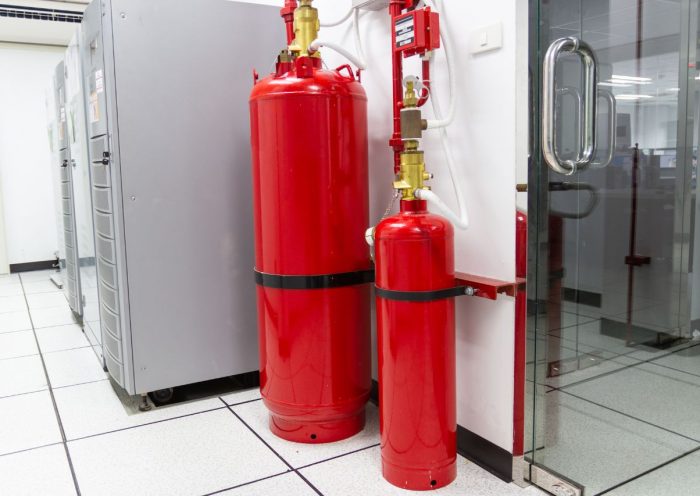In the realm of health and wellbeing, lipofullerene pills are attracting interest. The possible advantages of these supplements—which include improving skin condition and lowering inflammation—are…








In the realm of health and wellbeing, lipofullerene pills are attracting interest. The possible advantages of these supplements—which include improving skin condition and lowering inflammation—are…
The internet is full of advice about Boost Your Immune System. Several businesses are vying to sell you expensive products full of exotic ingredients that…
When you or your child requires orthodontic treatment, it is a long but essential journey. At times, managing the dentist appointments, handling the braces, and…
The human heart is one of the most vigorous organs of the body, keeping it all working. Its health determines longevity and an active life…
This renown as a cosmetic tool seems to only escalate over time. Many claim it alleviates fine lines and wrinkles, bringing a fresh gleam to…
Your Social media success hugs the audience when you create relevant content. However, finding the right content is difficult, and finding content ideas that resonate…
Are you a business owner who wants to create an iOS application that is not only unique in its functionality but also fast? Well, worry…
Imagine a workforce where entire production is managed with just a few clicks and taps from one system that also allows you to track every…
AI-powered face search Technology is changing many areas, ranging from security to the world of social media, and even customer verification. It allows people to…
IT services is an umbrella term comprised of multiple services, like data network security, a third-party IT service provider with external services, or a combination…
Skincare routines can be fun, but they can also be a little confusing. One question many people ask is: “Can I ice my face after skincare?” The…
Japan and Korea are the best in the world at taking care of their skin, and each has its own ideas about what makes someone…
Rural workers and long-distance drivers initially primarily wore trucker hats, but they have now become a fashion staple. Their casual and laid-back vibe adds an…
Hijab fashion has come a long way, hasn’t it? What was once just about modesty has now become a statement of personal style. Pakistani women,…
Movies, perhaps, are the most popular stream of artistic entertainment that is patronized and followed universally. And where there is art, there are bound to…
In the digital age, virtual interactions have become increasingly popular, enabling people to connect and engage with their friends and loved ones remotely. One of…
Introduction Gacha games have become increasingly popular over the years, captivating players with their addictive gameplay and collectible character mechanics. One aspect that draws players…
YouTube music video promotion is the practise of naturally spreading buzz by using various promotional methods to direct traffic from your target audience to your…
Launching a freelance marketplace is an ambitious and exciting endeavor at the same time. As the gig economy is constantly booming, skilled professionals are turning…
The process of integrating employees is a crucial step in any company. It is the first phase to have a positive and efficient work relationship.…
Have you been searching for an investment option that promises significant long-term returns? If so, then the HDFC Small Cap Fund can be an exciting…
Businesses are always looking for new and creative ways to stand out from the competition and engage with their audience in today’s competitive marketplace. Custom…
B2B websites have become essential for businesses trying to increase their b2b leads, streamline their processes, and create new alliances as business-to-business (B2B) commerce grows.…
Growing financial crimes including money laundering and terrorist funding, make it necessary to identify reasons which facilitate fraudsters and criminals to fulfill their plans. Regulatory…
Imagine going on a holiday without planning. Initially, you may feel good, but as you proceed, you will understand the importance of planning. This is…
When you hear the word “company” or “business,” does any particular organization come to your mind? Does your mind immediately recall some big worldwide conglomerate,…